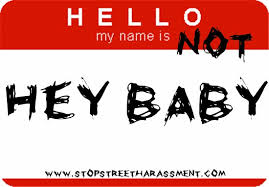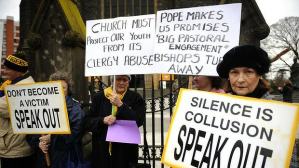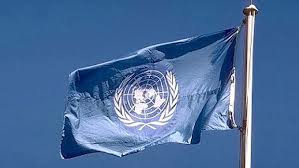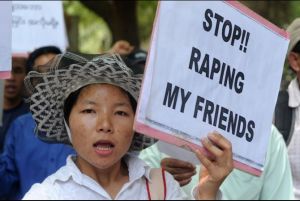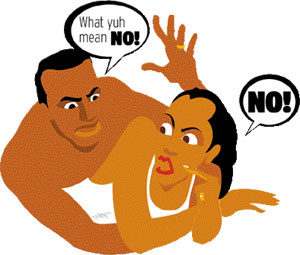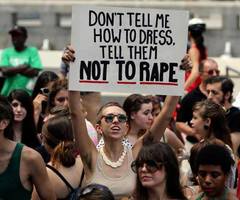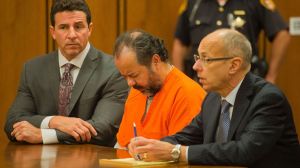For years and years women have had to endure endless sexual harassment, whether it be unwanted looks, inappropriate physical contact with strangers or even mere cat-calling. Street harassment in particular has become an epidemic in countries all over the world.
It comprises actions and comments between strangers in public that are disrespectful, threatening and unwanted. Such harassment can range from whistling and sexist or sexual comments to flashing, stalking, groping and assault. More importantly, it primarily impacts women, including more than 80% of women worldwide, and it directly limits their access to public spaces.
Studies have shown that more than 90% of women in countries like Egypt, India, Yemen, and the USA experience it. More than 80% do in Canada. A recent study in France found that 25% of women between the ages 18-29 feel scared when they walk down the streets. In London, 43% of women ages 18-34 had experienced street harassment just during the prior year.
Moreover, in a 2013 global review of available data, between 40 and 50% of women in the European Union experience unwanted sexual advances, physical contact or other forms of sexual harassment at work. In the United States, 83% of girls aged 12 to 16 have experienced some form of sexual harassment in public schools.
As you can see, street harassment as such is extremely pervasive and the fact that it has gotten very little attention is rather puzzling. I believe that not everyone understands the severity of this issue and this is primarily why it has not received a great amount of coverage. We tend to accept things like sexual harassment, that happen every day as the norm, without questioning it.
The most common excuse given for street harassment is that “boys will be boys”. This not only dismisses the entire concept of sexual harassment but provides the attacker, perpetrator or harasser with a convenient pretext to justify his behaviour. Just because there exists a stereotype that men are predisposed to objectifying and harassing women is not reason enough to look the other way.
In fact, according to an article in the Christian Science Monitor, “everyone must acknowledge that street harassment is not a compliment, a minor annoyance, or a woman’s fault. It’s a bullying behaviour”. Majority of the harassment is more often than not directed at teenage girls and young women because it’s assumed that they are too young and naive to know what to do or how to respond. As such, it is important to acknowledge this deviant behaviour and condone it.
In a recent project which was part of Project Guardian, the British Transport police, Metropolitan police, City of London police and Transport for London collaboratively came together to make public transport in London a safer place for women. This involved 120 officers in a mixture of civilian clothing and uniforms carrying out daily patrols. In the first week itself, approximately 15 arrests were made for sexual harassment. This movement is an extraordinary example proactive action taken by local police departments after acknowledging that street harassment is indeed a serious problem.
It is easy to say that countries around the world should exemplify this model put forth by the UK. However, it takes a greater understanding to see that every country is different and that it will take a diagnostic study to render a response that is truly local and that will truly match the needs of the people in that specific country. Cities that have taken steps to improving the lighting and design of streets and buildings, training and sensitizing police, and hiring more women police officers, have seen these changes make a world of difference and rightfully so. But, they all started at the same place, where they acknowledged sexual harassment as not something that occurs every day but instead, as a serious epidemic that needed a specific remedy to cure society.
To end this post, I will leave you with something that resonated with me from the same Christian Science Monitor article mentioned above,
“No country has achieved equality and no country will until women can navigate public places without experiencing or fearing street harassment.”
What do you think? Can women ever be expected to have the luxury of moving around freely in public spaces? What steps can be taken to ensure a woman’s safety on public transport or in public streets? Can a woman ever feel truly safe in public?
We have a voice, lets use it.
Related articles
- Sweeping New Anti-Sexual Harassment Code Might Hamper Free Speech on Campuses (theblaze.com)
- Tired Of Being Harassed? There’s An App For That (nyulocal.com)
- How to Solve Street Harassment, A Short And True Story (pamelaksantos.wordpress.com)
- Every Street Should Be A Safe Space: A Report from the Holla Revolution Conference (suzyx.wordpress.com)

